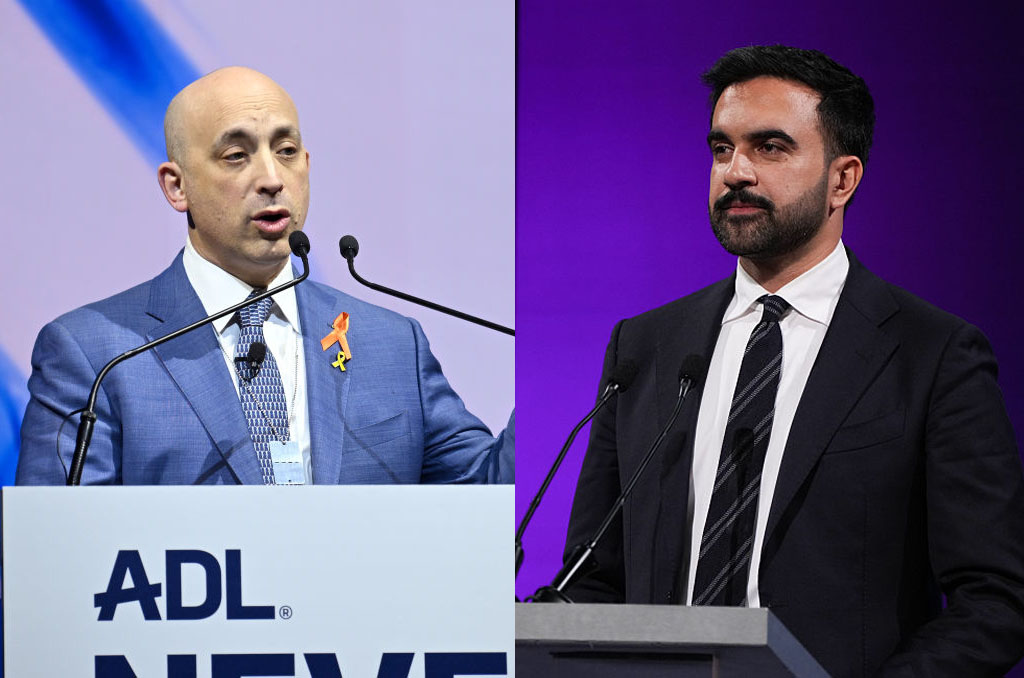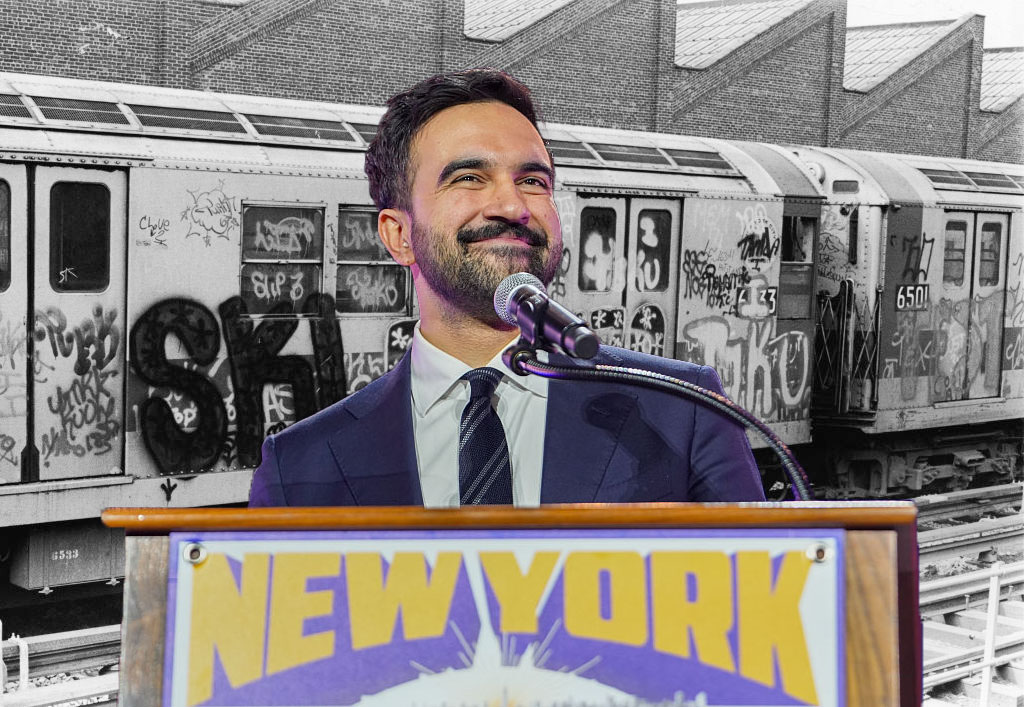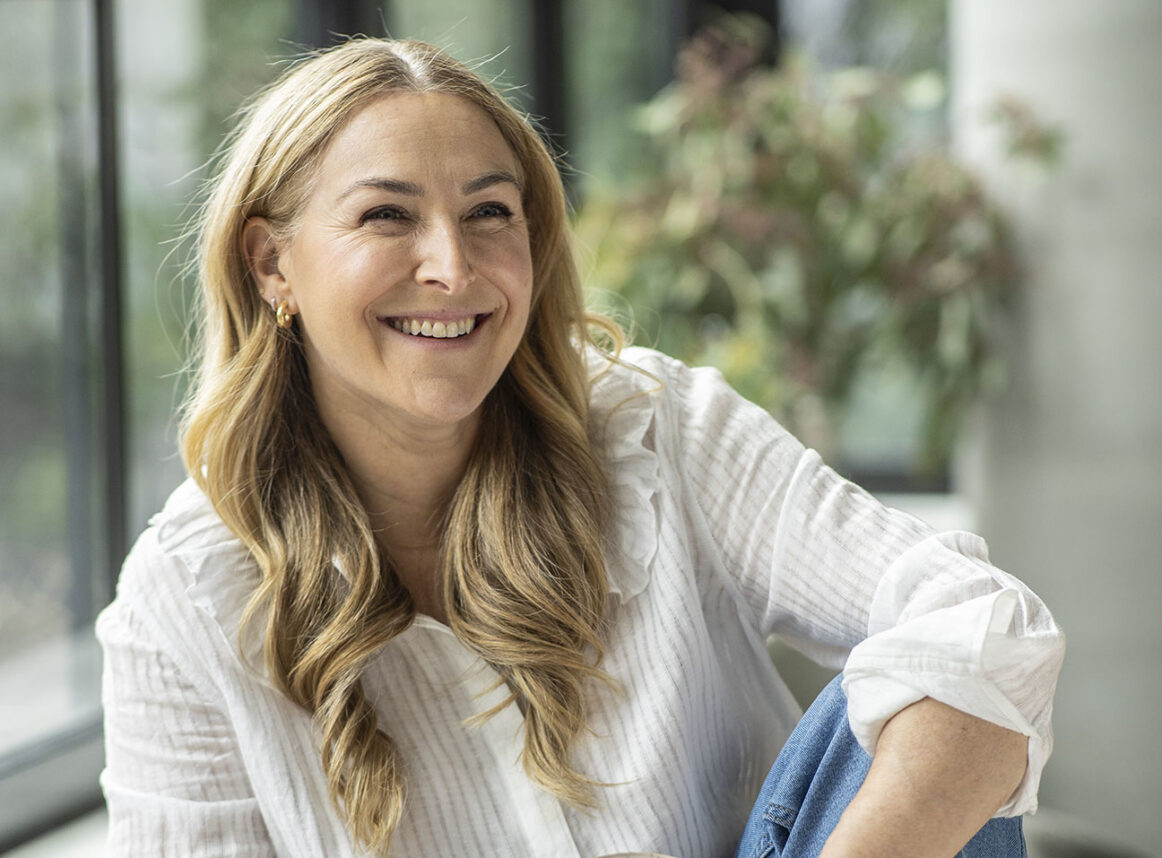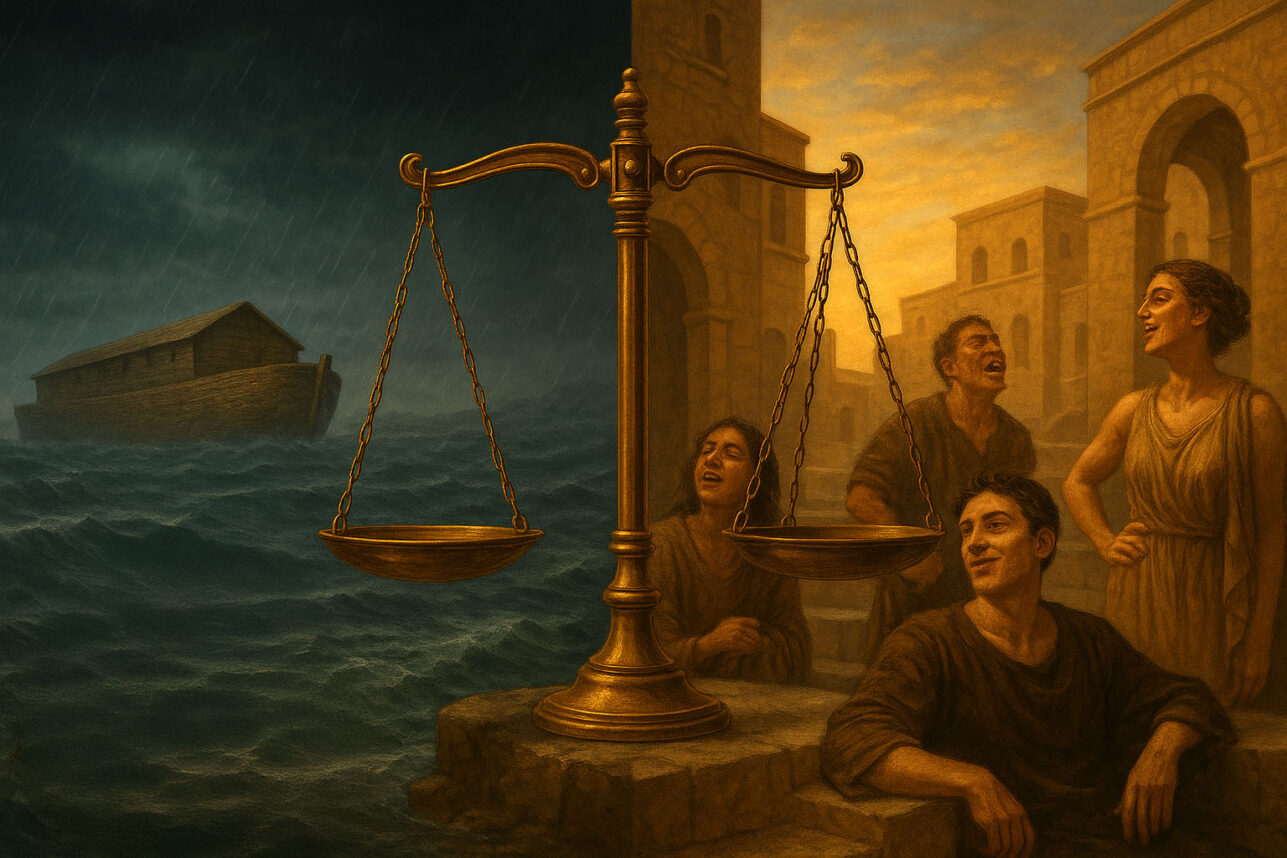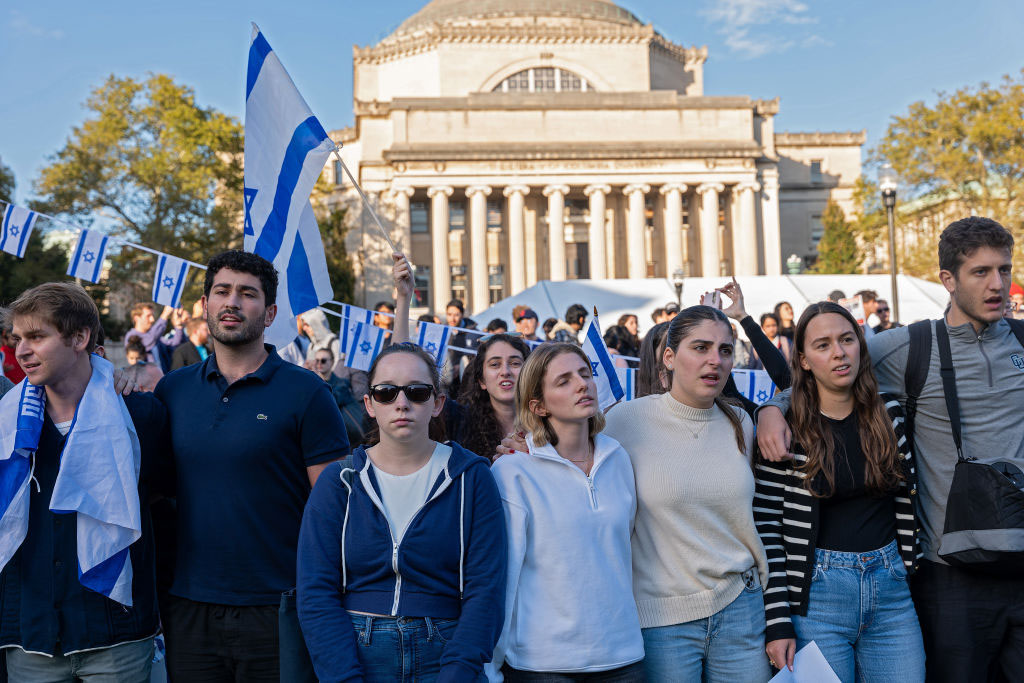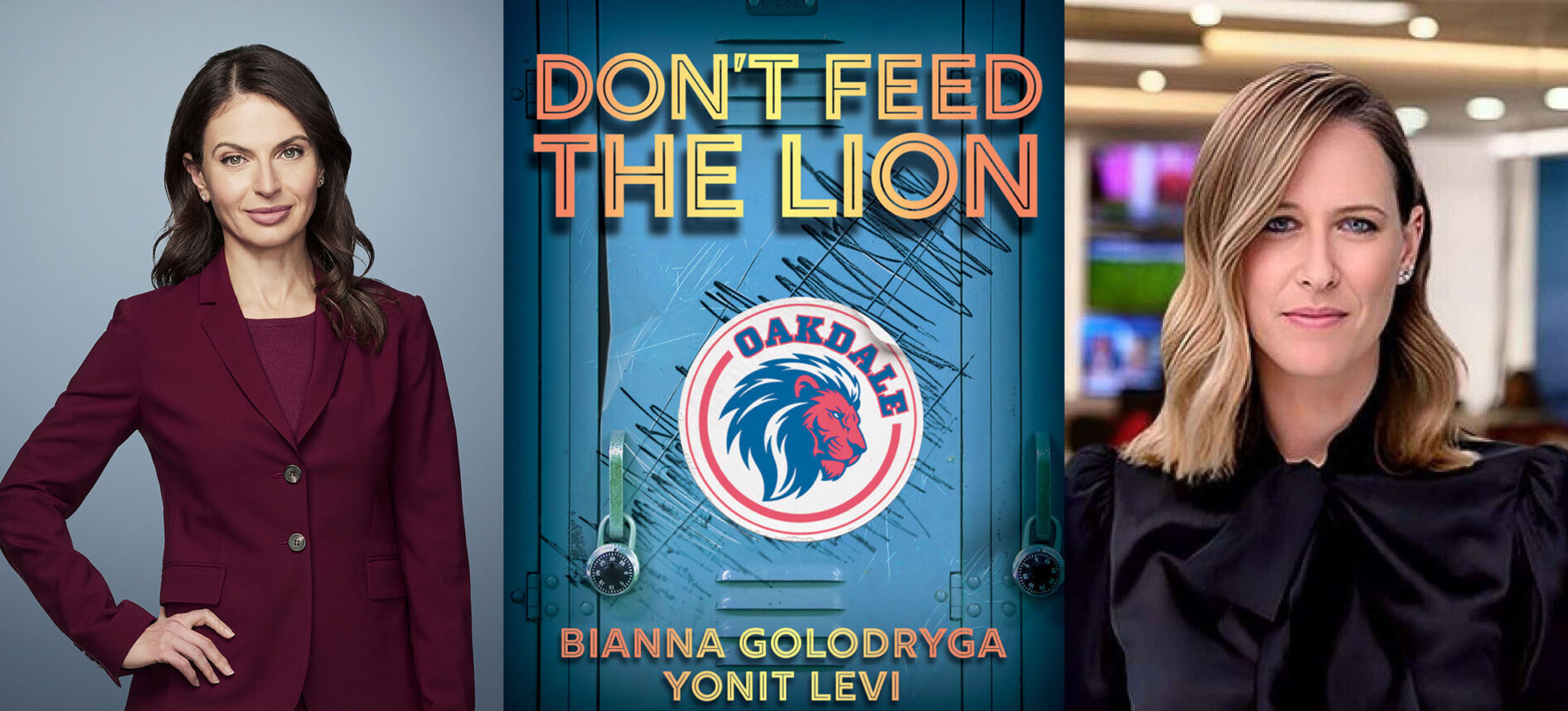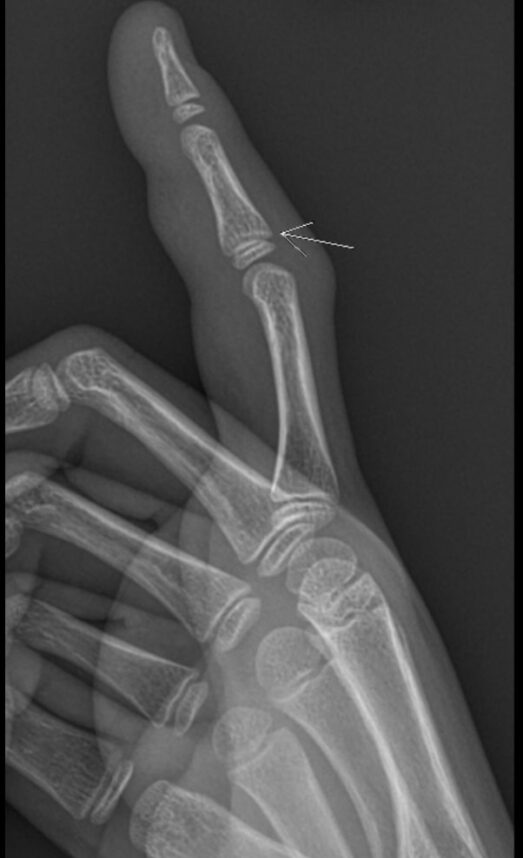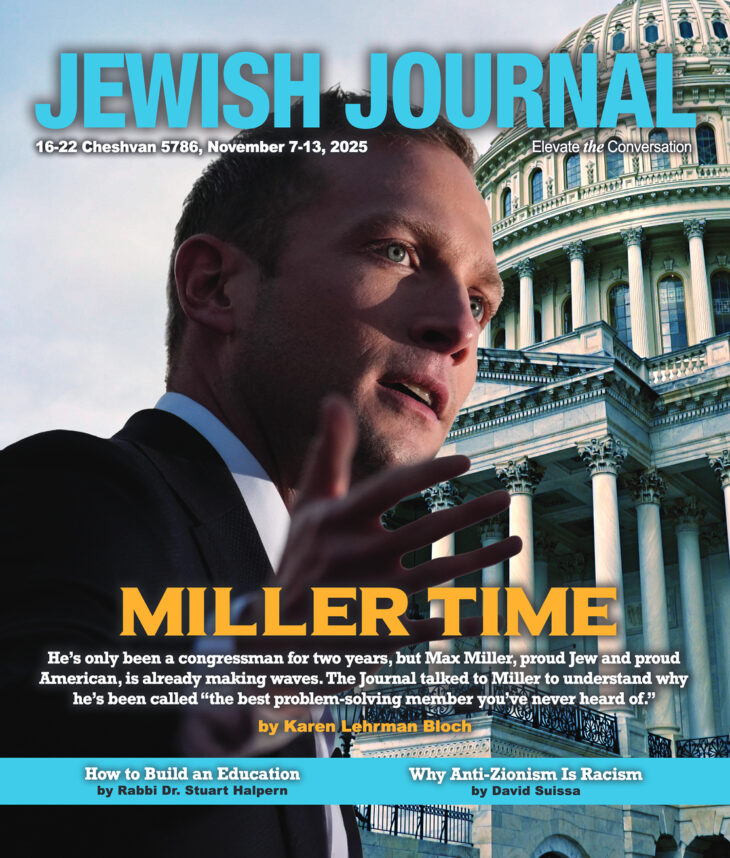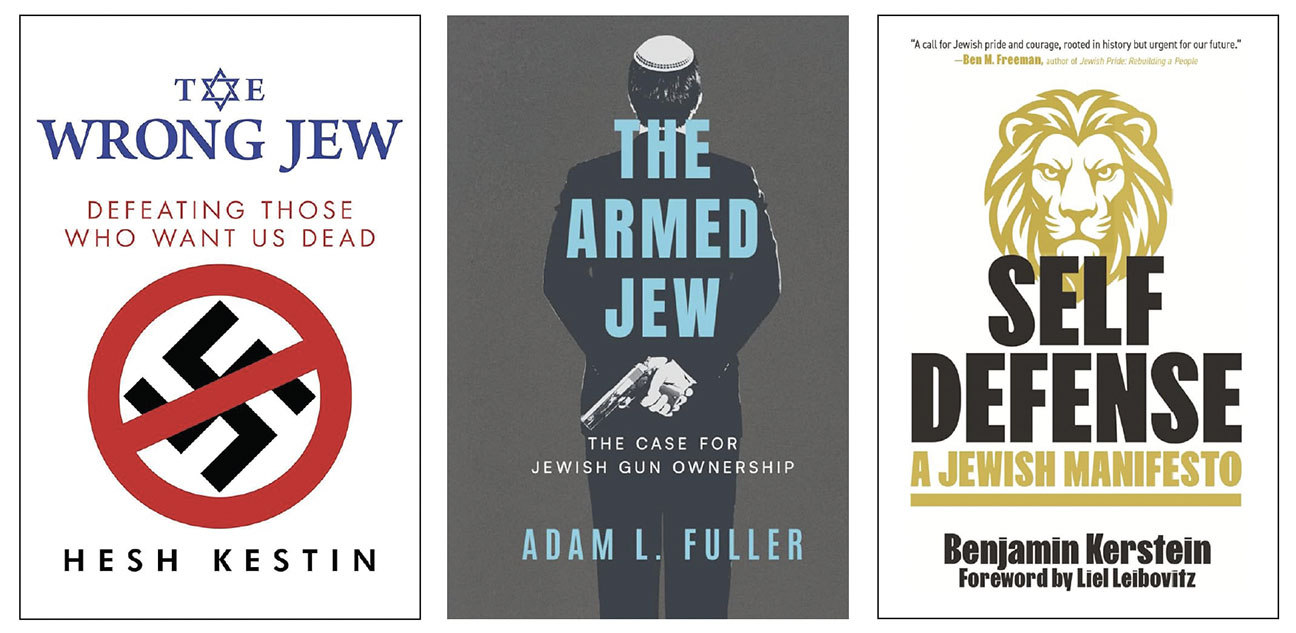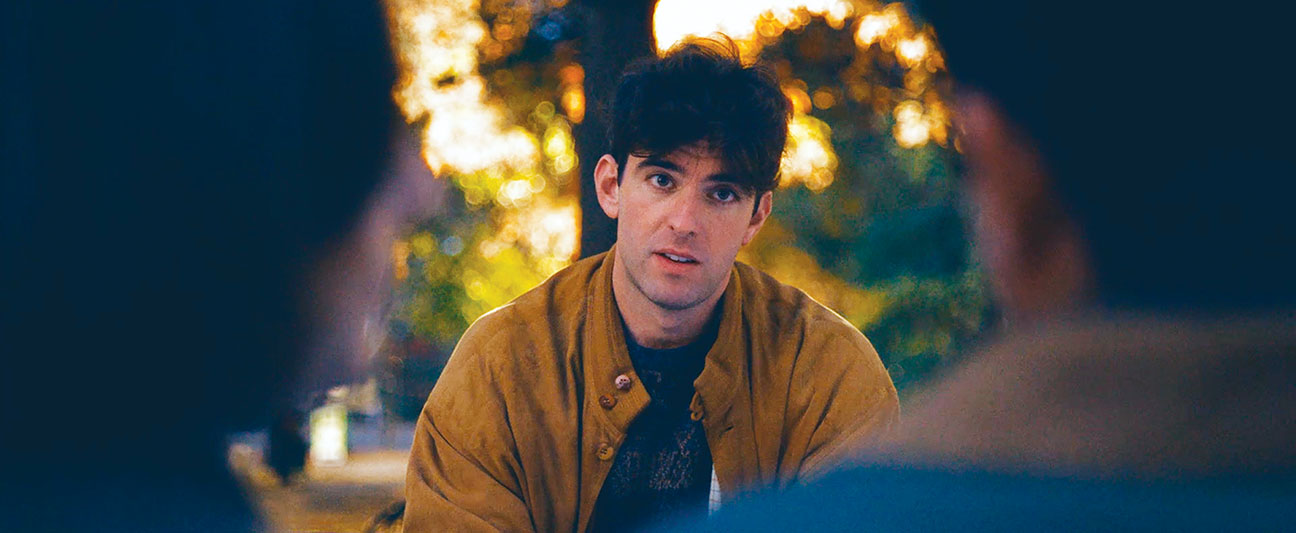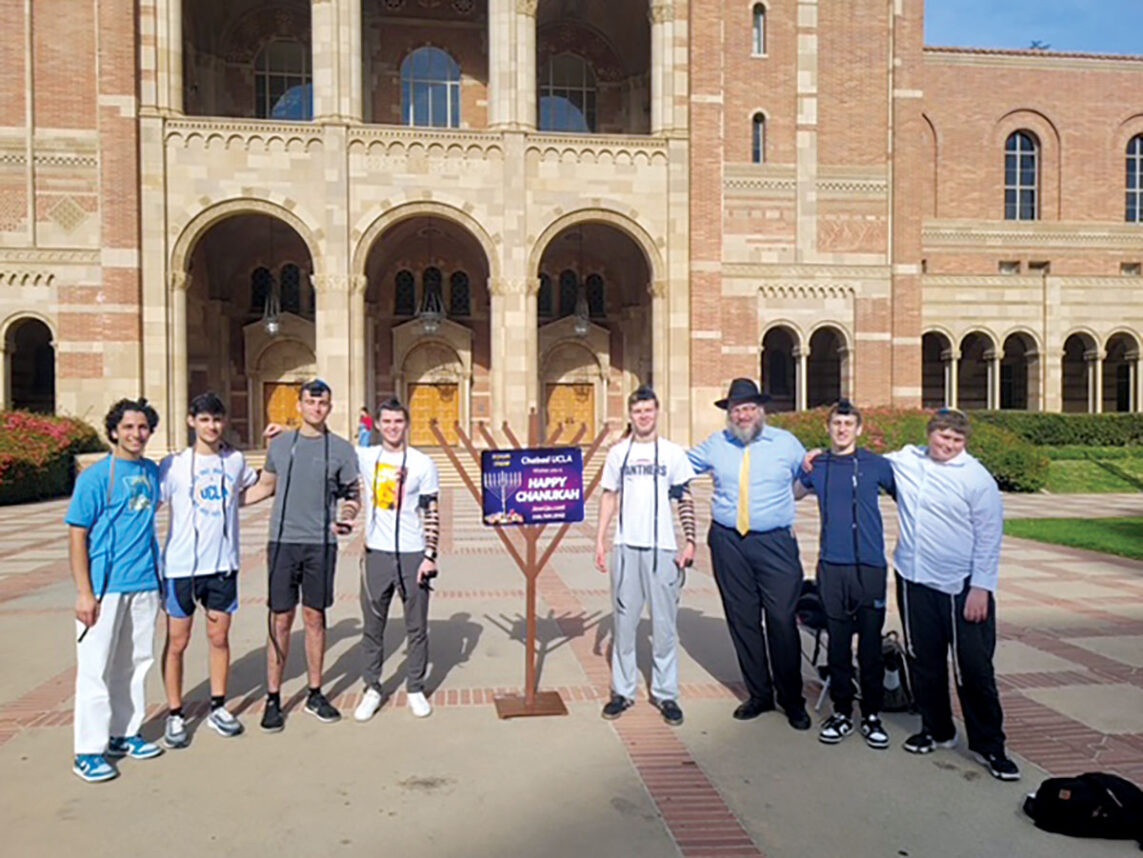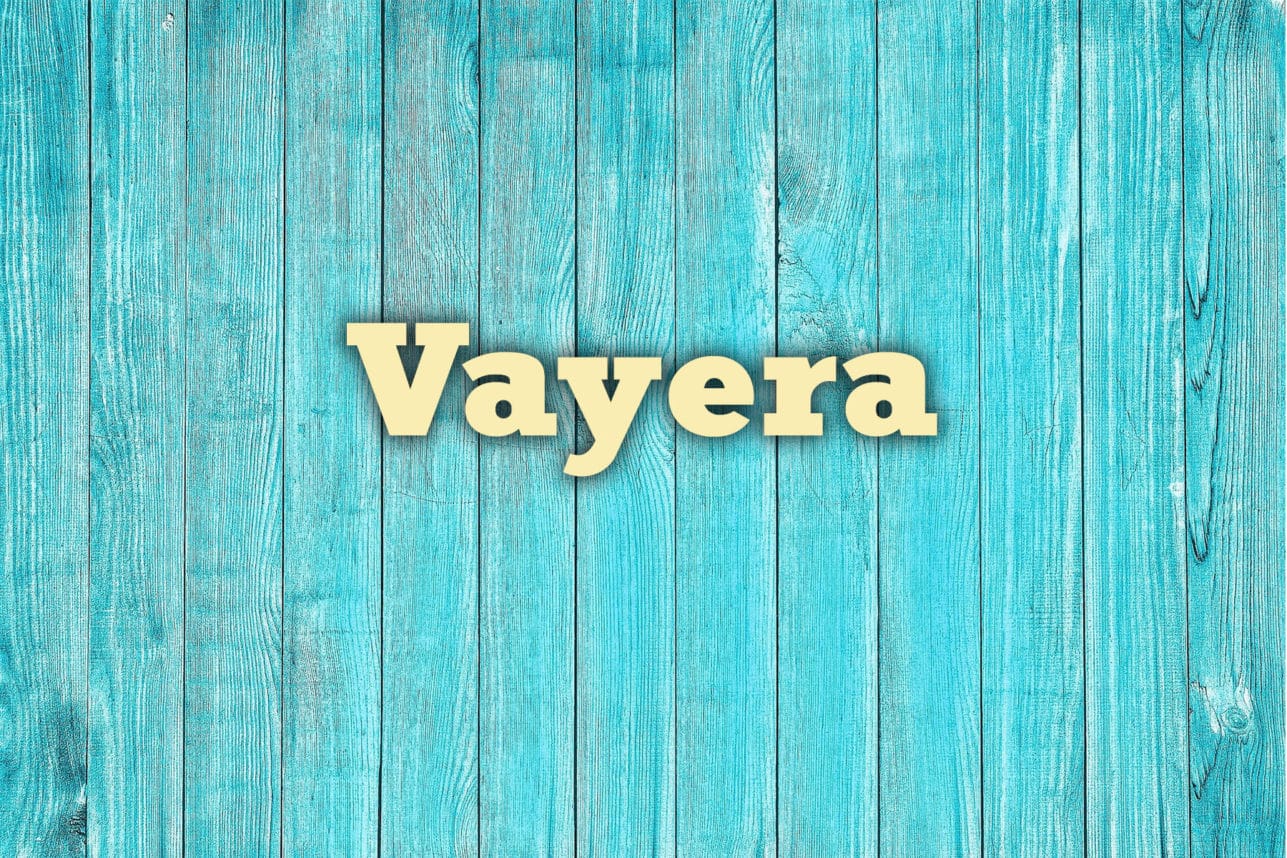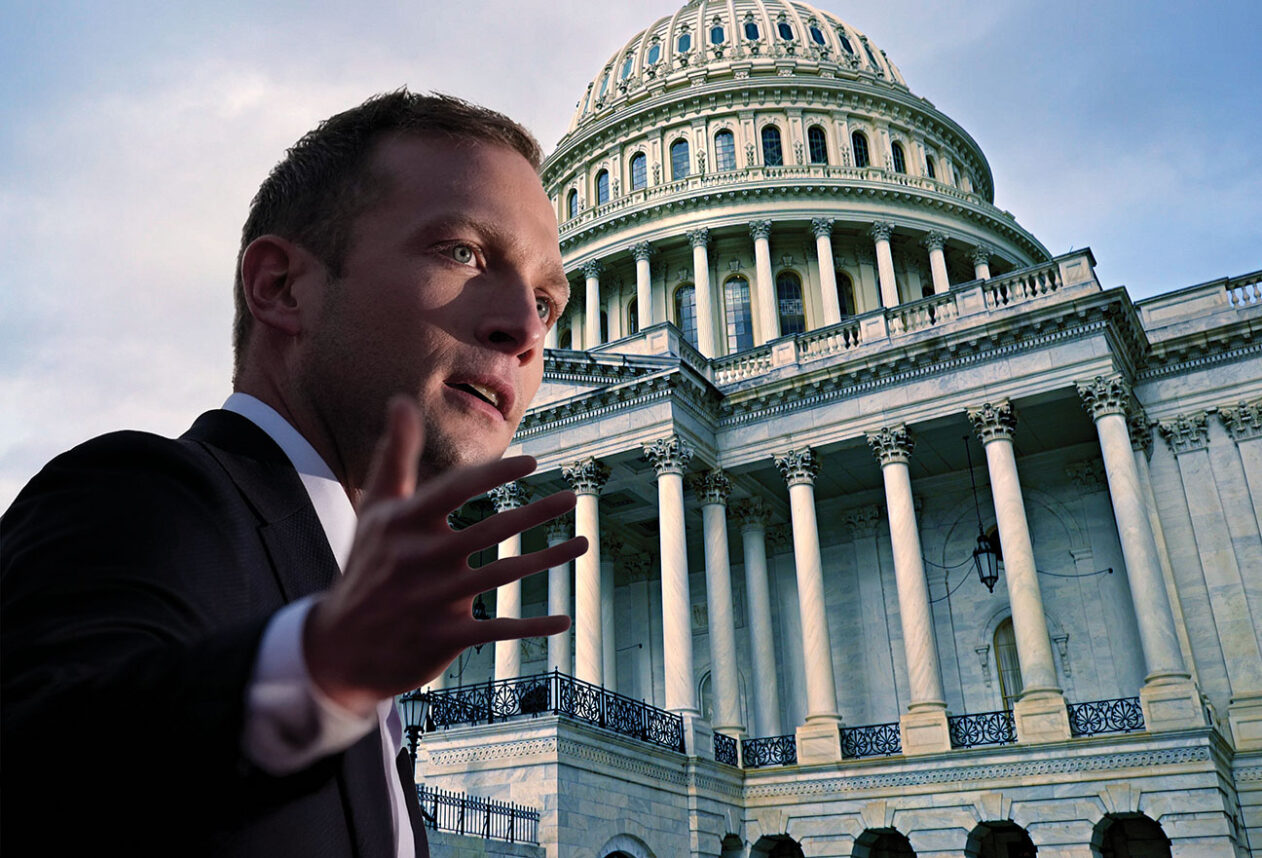One of my favorite things to do is write children’s songs. Over the years, I have written lots of innocuous little ditties for kids as a way of teaching them about Jewish holidays and rituals, ethics and values, and how to treat families and friends. Long ago, when I was just starting out as a teacher in religious school, I realized that singing a song was an easy and relatively painless way to learn important Jewish lessons about life. So I wrote songs about everything I could think of — from “Hands Hold the Torah Way Up High,” to “Shabbat Shalom Comes to Our Home,” to “Kibbutz is Not the Last Car on a Railroad Train.” Kids seemed to like them, and in the process of singing, they learned some of the most important lessons about Jewish life.
Three thousand years ago, Moses had pretty much the same idea. As he led that bedraggled band of ex-slaves out of 400 years of Egyptian bondage, he sang them across the sea of reeds to quell their fears, bolster their spirits and teach them that what this invisible God of the Hebrews demanded perhaps more than anything else was that people be free. Moses’ “Song of the Sea” became the first number-one hit song in Jewish history, and we still sing some of its lyrics at every single service in the form of the “Mi Kamocha.”
Just as he began this 40-year desert drama by writing a song for his people, he sings his “Farewell Lament” to signal the end of their wandering and teach them about God and the challenge of their collective destiny once again. Moses seems to have written Ha’azinu as a way of reminding the generation about to enter the Promised Land of promises broken and promises kept.
He sings of the promises they broke along the way during their desert years — how, in spite of the fact that God created them, allowed them to endure through all the hardships of slavery, and prepared a precious inheritance for Israel in the future, they continually turned away to follow false idols and pagan “no-gods.” Moses sings to remind them of the remarkable redemption they personally experienced under God’s protective wing (“like an eagle who rouses his nestlings, gliding down to his young”) and to warn them of the promises they will inevitably break in years to come.
When he begins the song by calling on heaven and earth to hear the words of his song, his audience can’t help but be reminded that only a portion ago, he called on the same heaven and earth to witness perhaps the central spiritual challenge of the entire Torah: that good and evil, life and death, blessing and curse dangle balanced forever before the eyes of the entire Jewish people, and the choice is up to them.
Ha’azinu is a musical, poetic ethical will from Moses to his children. Like a loving parent whose child is about to go off to college or to live on her own, Moses gives the Children of Israel his final words of advice so that they will remember when he is gone all the values, ethics and morals that he has tried to teach them during his lifetime.
Perhaps we can all learn from the example of Moses this week. I was only 4 when my first father died. I know how grateful I would have been if he had left a written record of his thoughts and dreams, ideals and moral teachings for me to read and cherish as I grew. It’s not too late to do the same for your children. Take the time to write down the values you most want to pass on to them and their children. It will be the most priceless gift you could ever give.
Steven Carr Reuben is senior rabbi of Kehillat Israel, the Reconstructionist Congregation of Pacific Palisades.









